Saline Agriculture Network Ghana
Project Location
Ghana, Volta and Greater Accra Regions
Socio-economic and Environmental Context
Coastal erosion / Salinisation / Drought / Mangrove Deforestation / Human Displacement
Objectives
+ Mangrove reforestation
+ Development of integrated saline vegetable farms and sustainable Silvo-aquaculture system
Benefits
+ Ecosystem conservation & reforestation
+ Coastal resilience for communities
+ Alternative sources of livelihood
+ Climate mitigation
+ Carbon sequestration
Seawater Solutions Role
Technical Lead – Development of saline agriculture and Silvo-aquaculture sites.
Scene UK Role
Project Lead and M&E
www.scene.community
Maltiti Foundation Role
Socio-economic and gender analysis.
www.maltitifoundation.org
Save Our Beaches Ghana Role
Environmental Monitoring.
Facebook Page: @saveourghanabeaches
If you have questions or want to learn more about our operations here in Ghana, you can get in touch with [email protected] or [email protected].
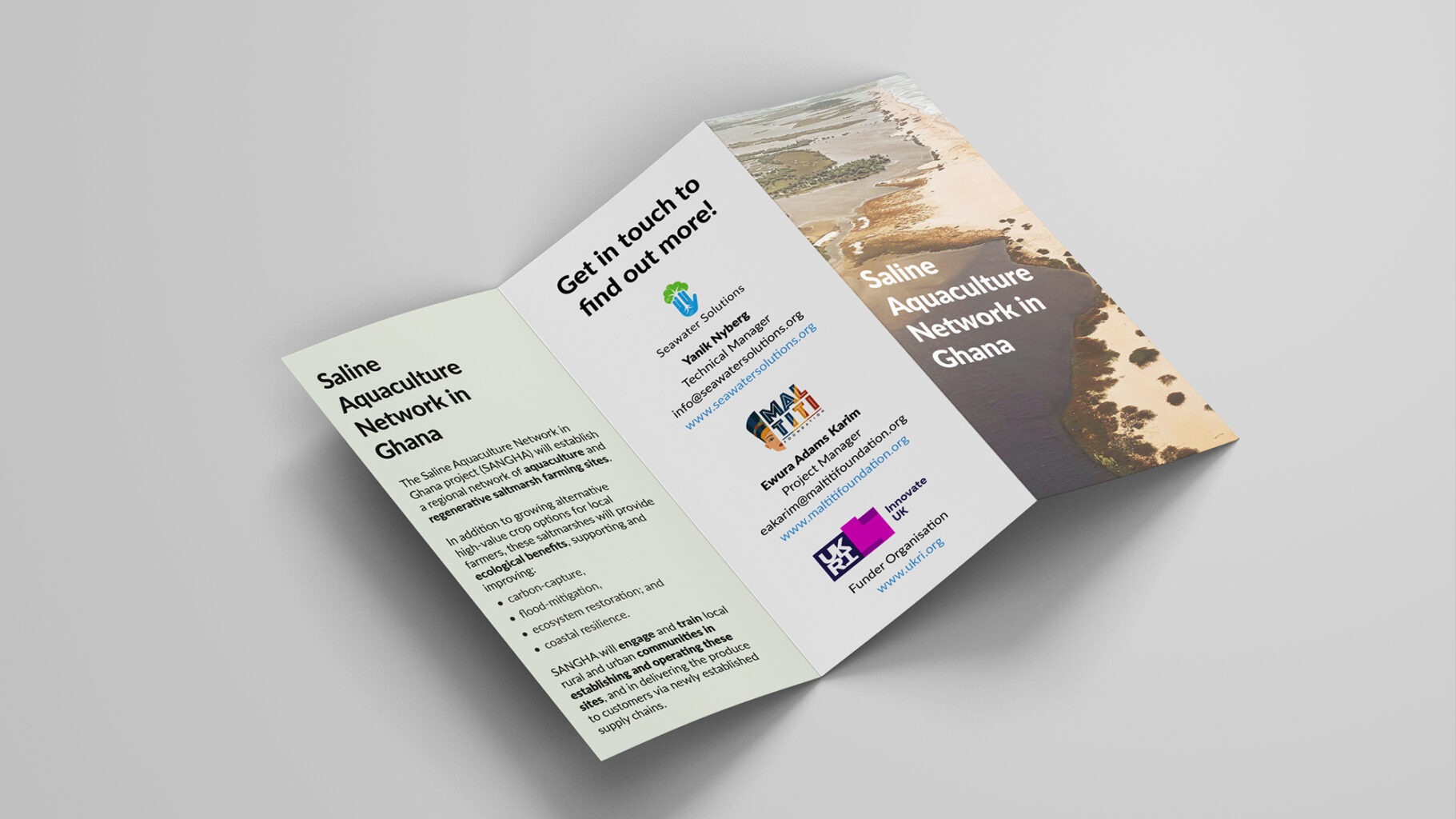
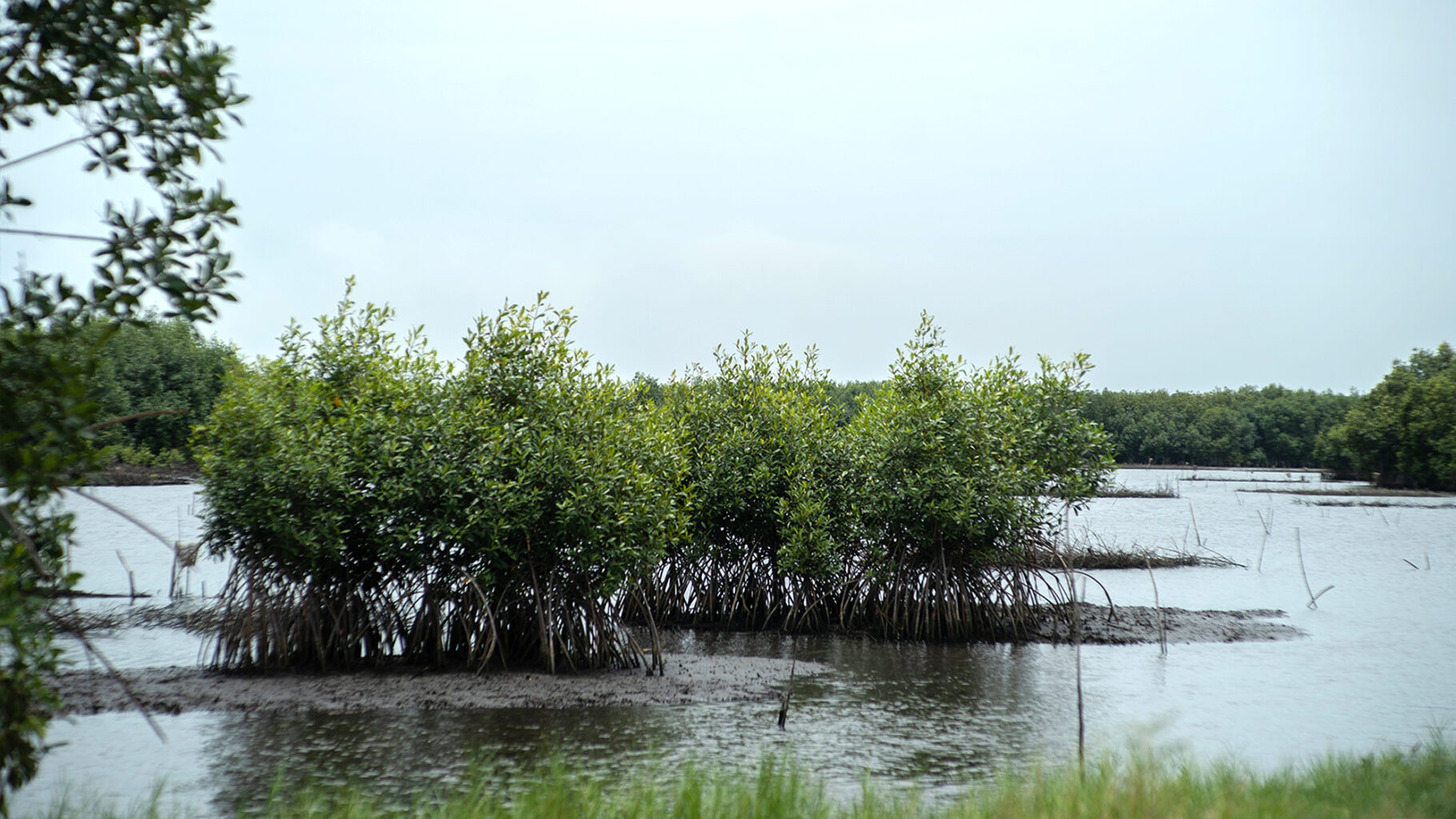
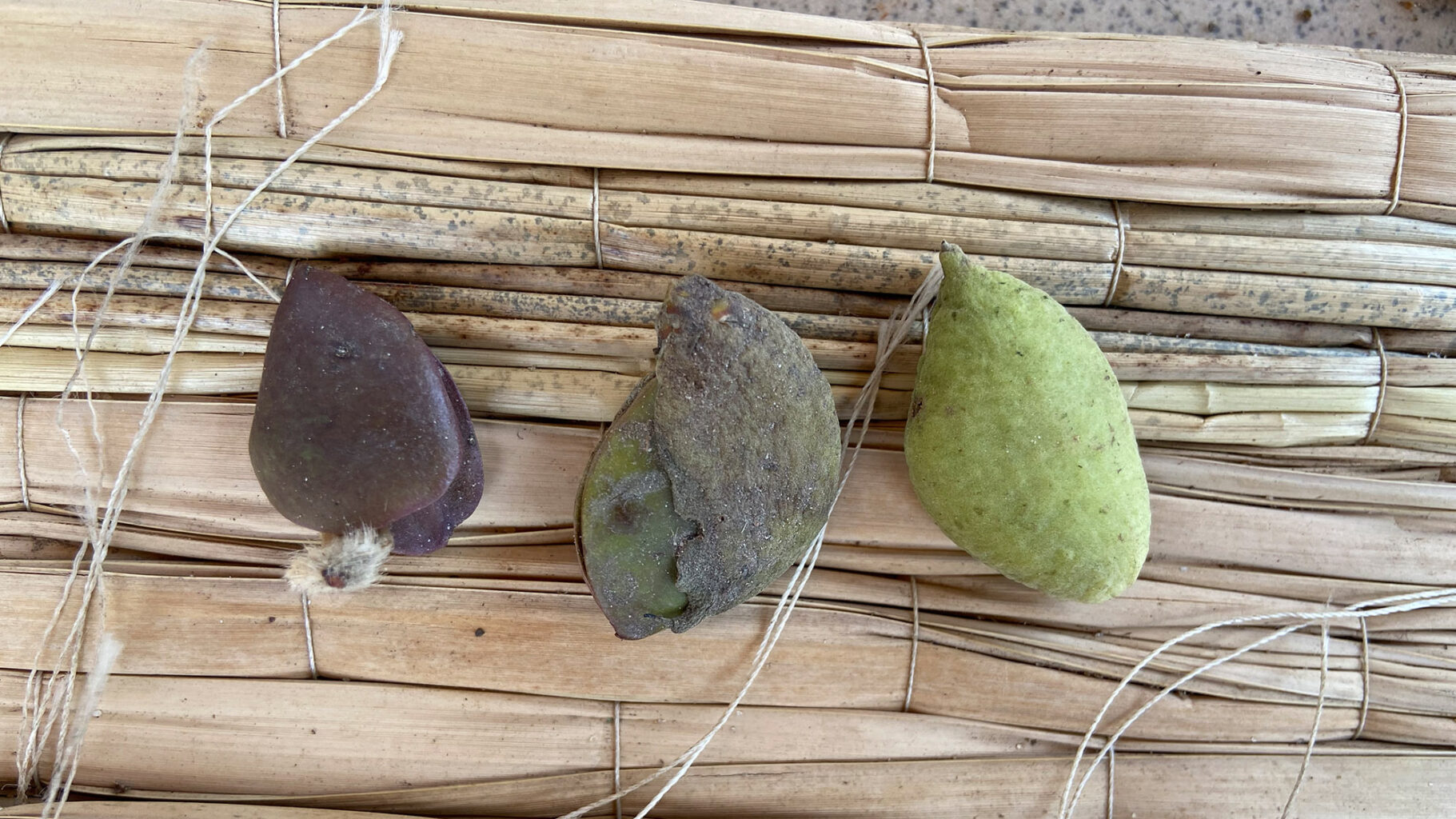
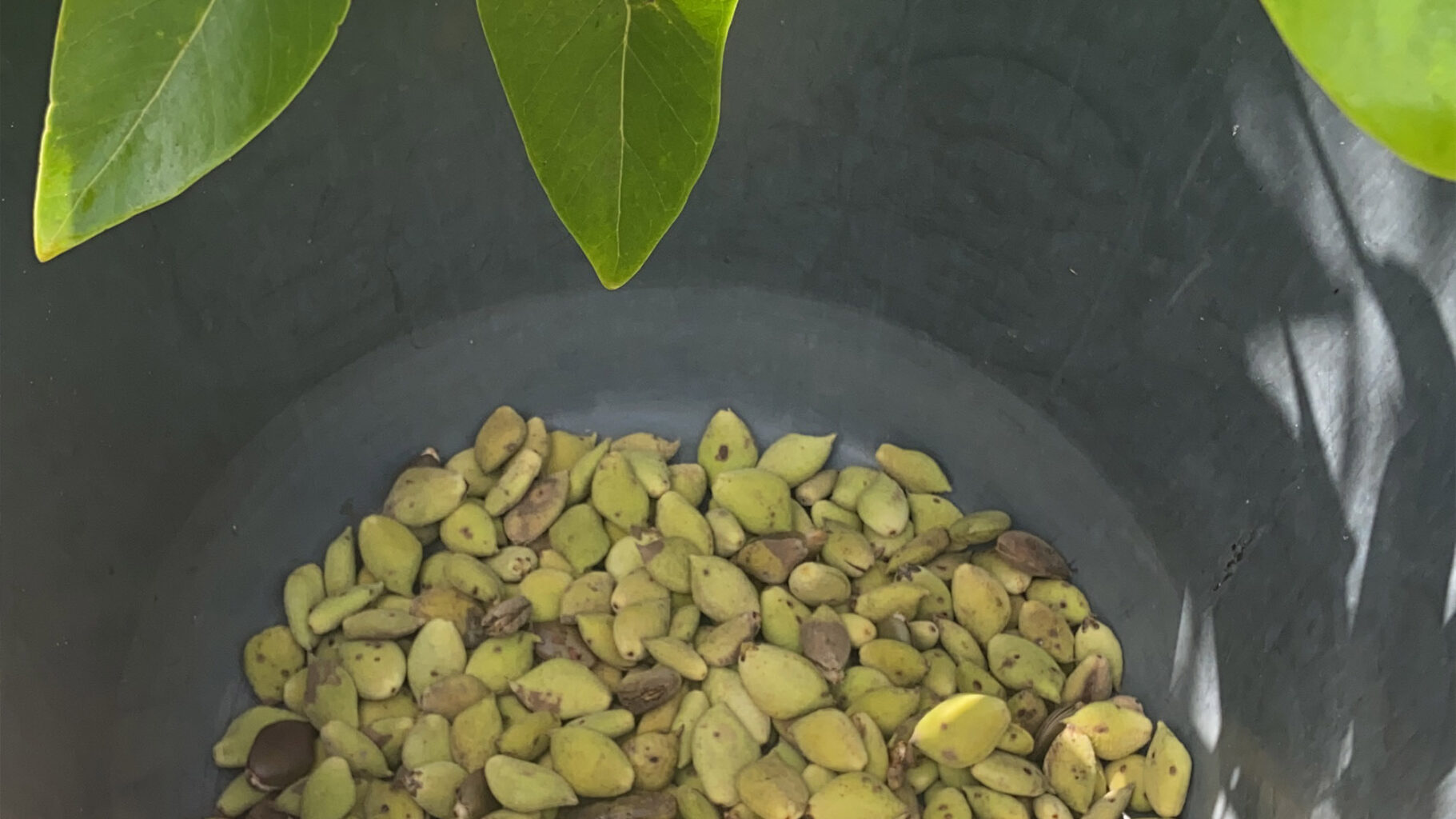
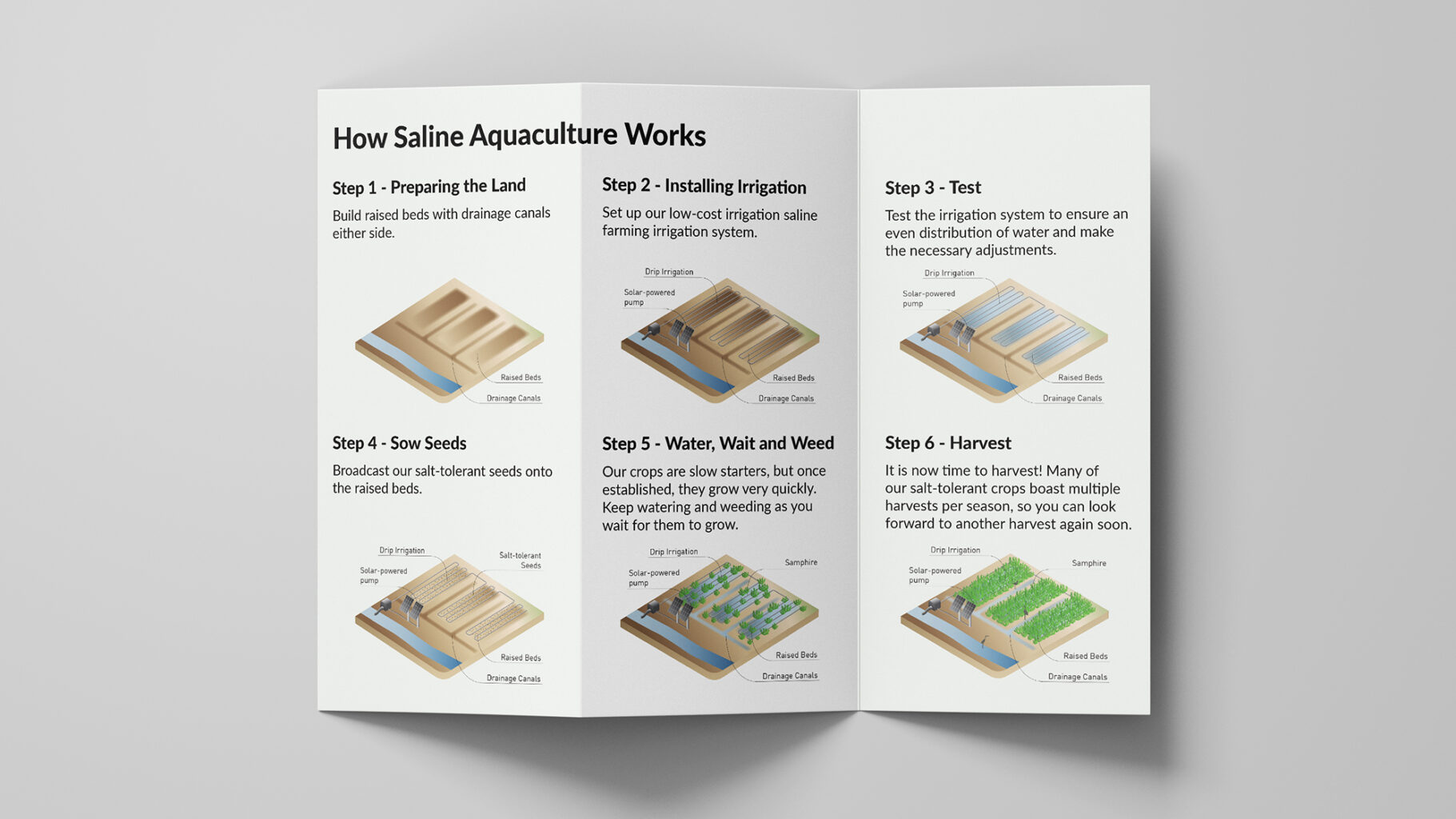
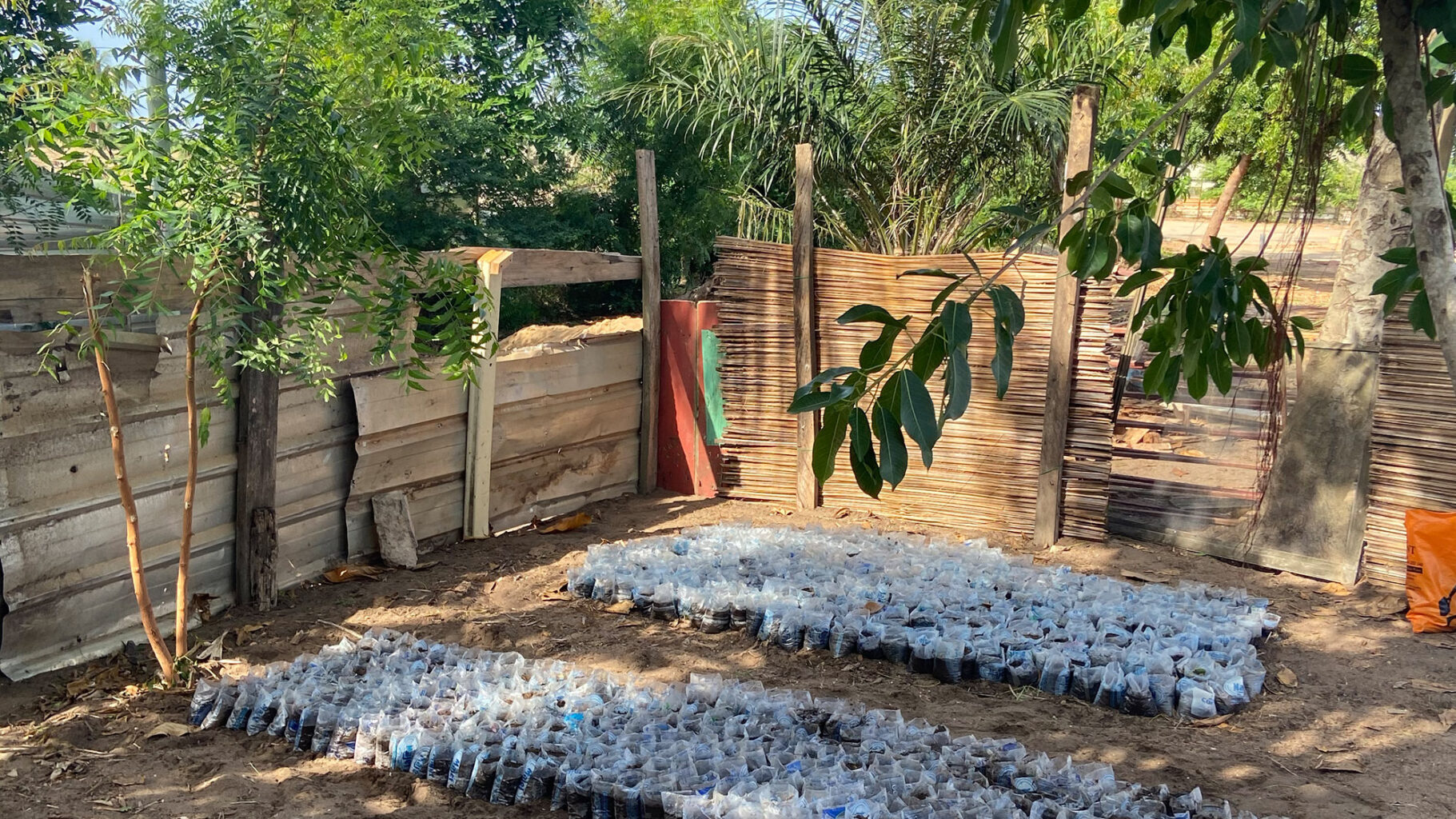
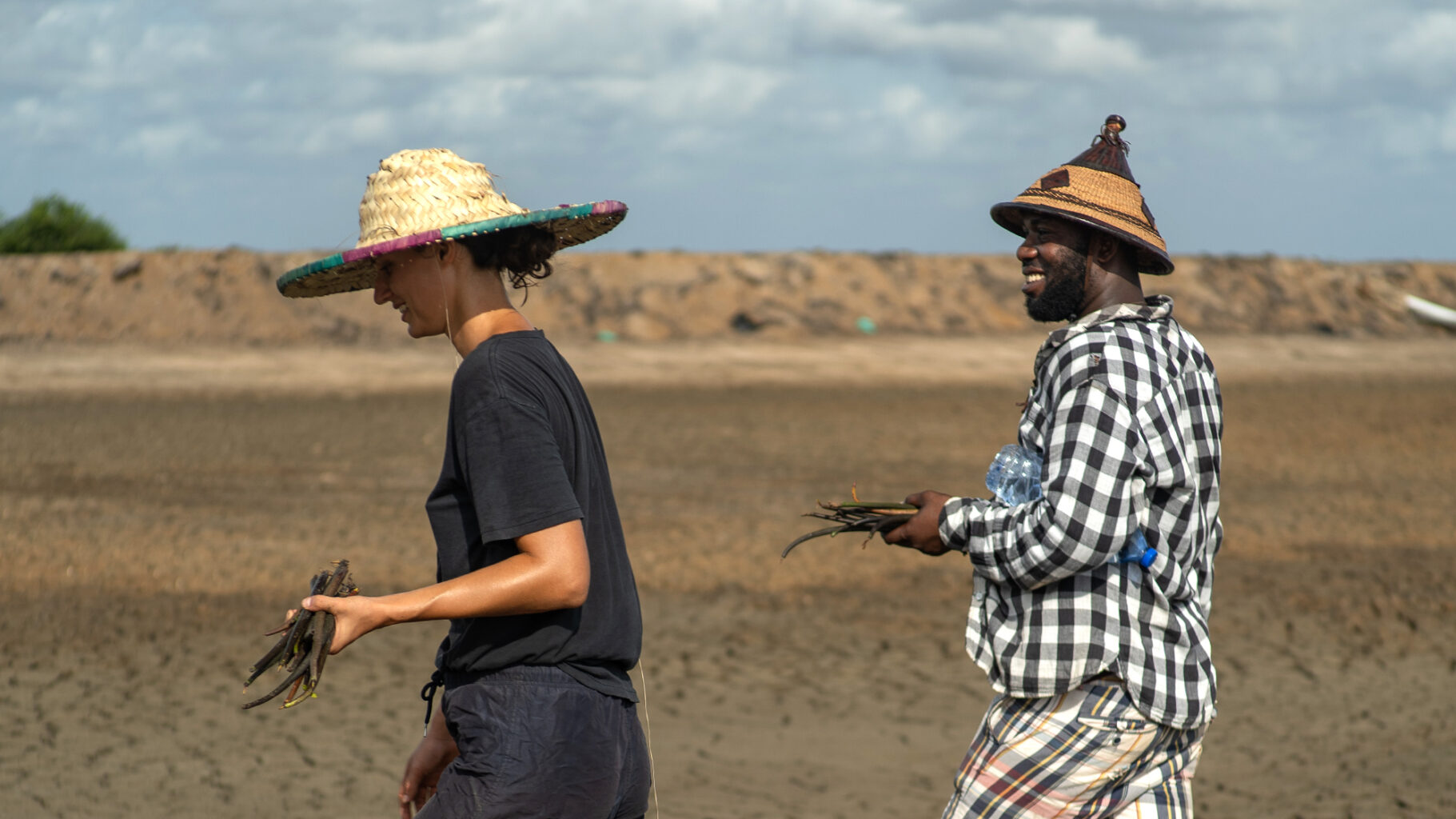
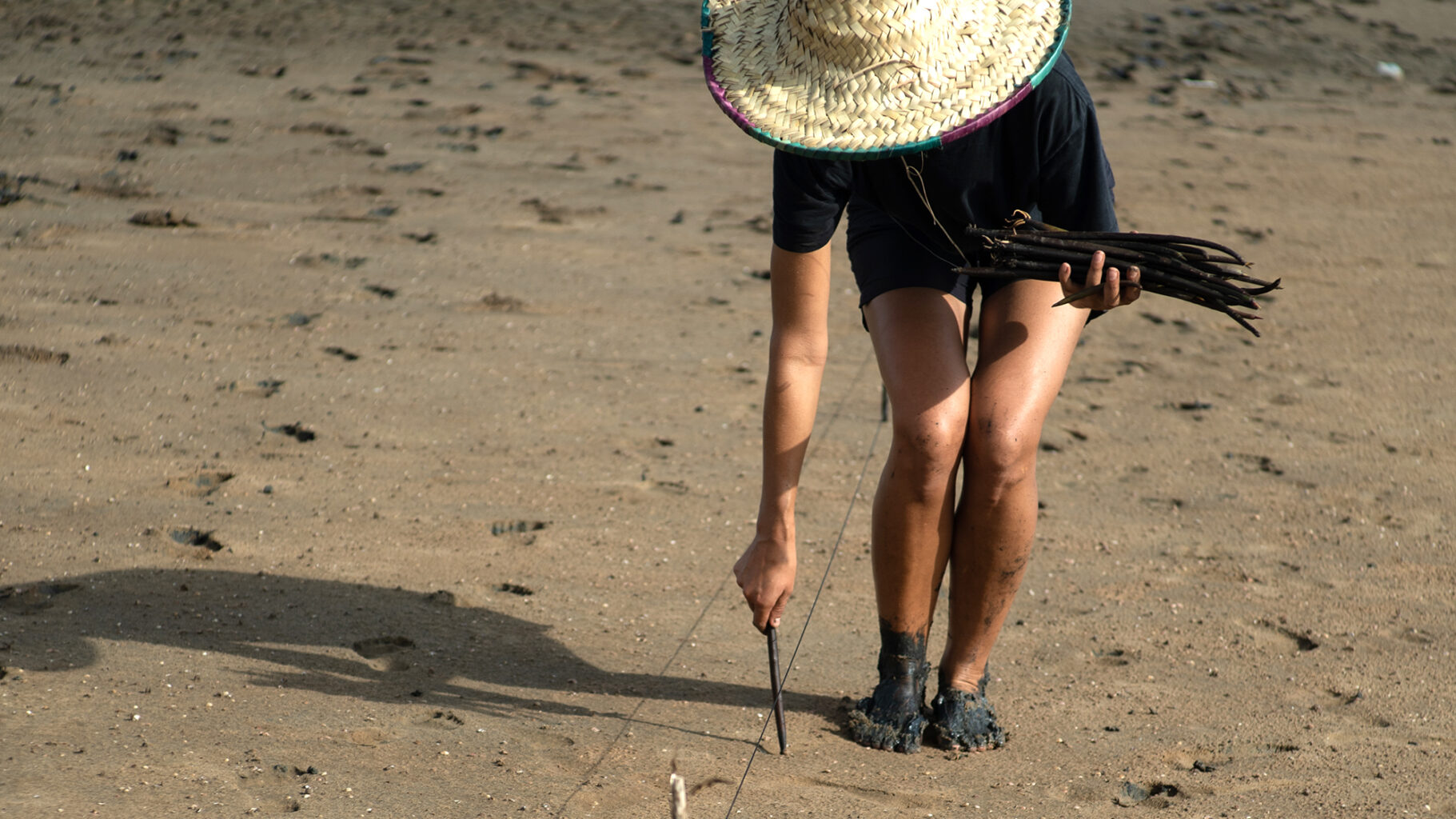
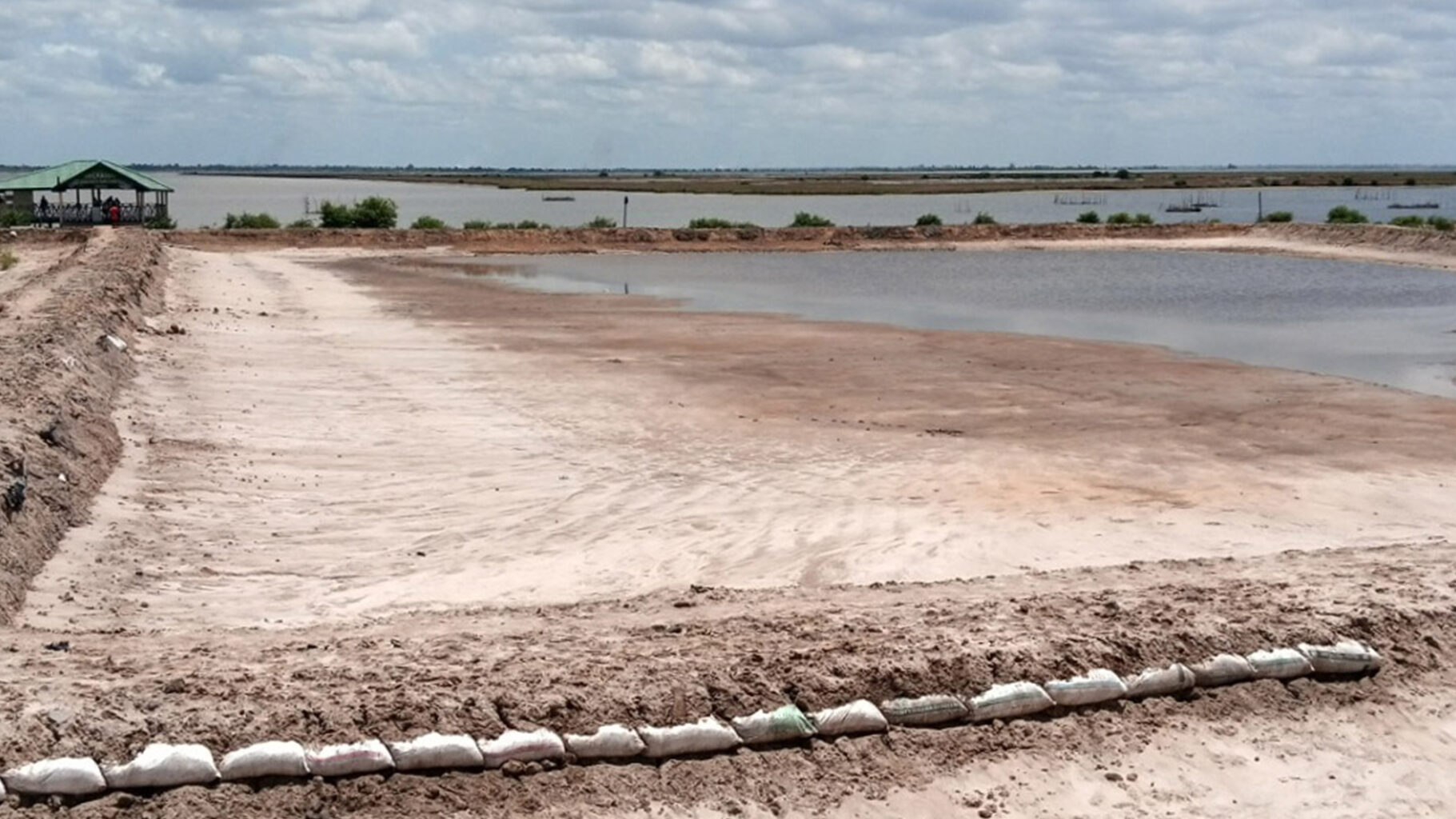
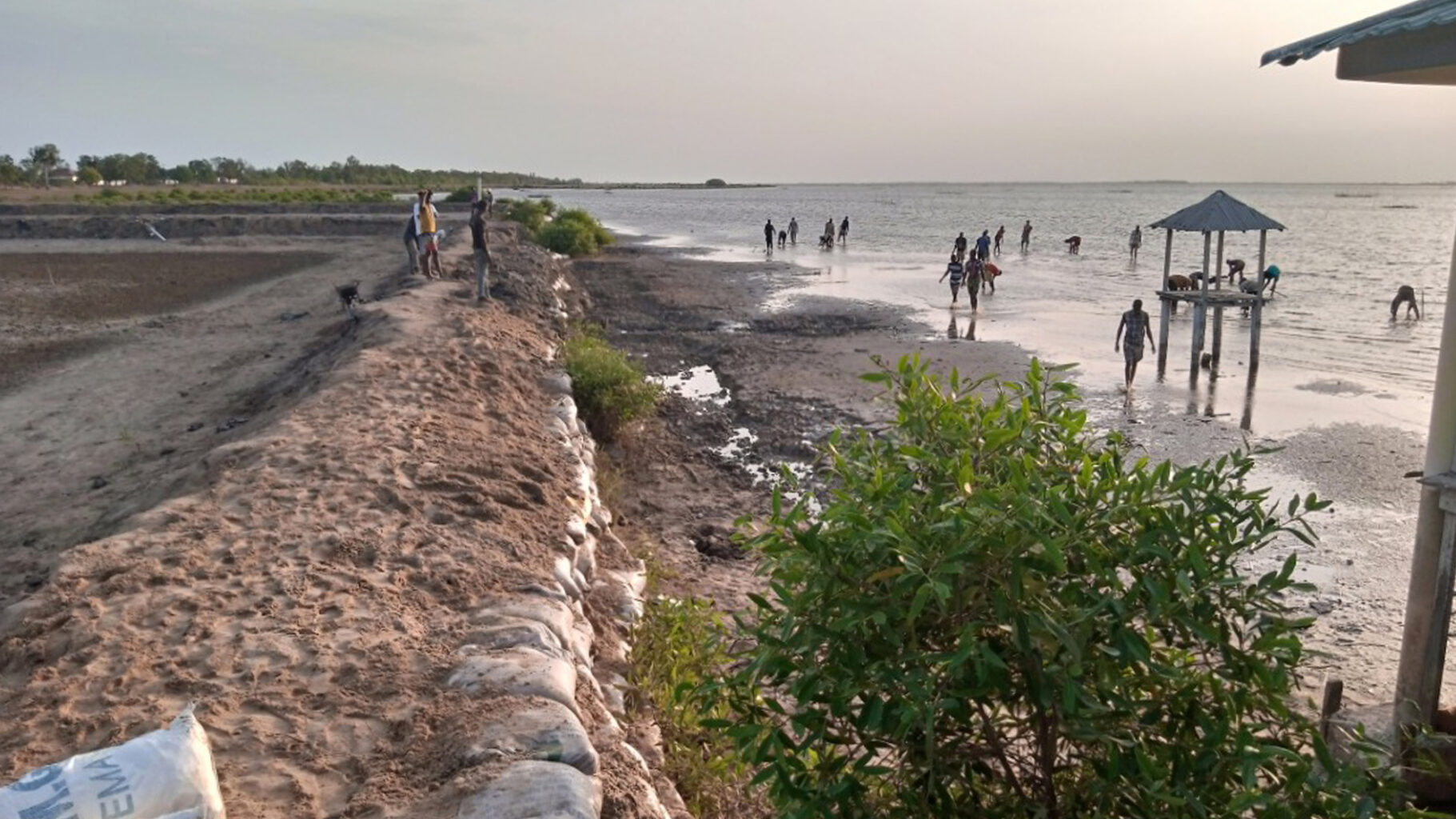
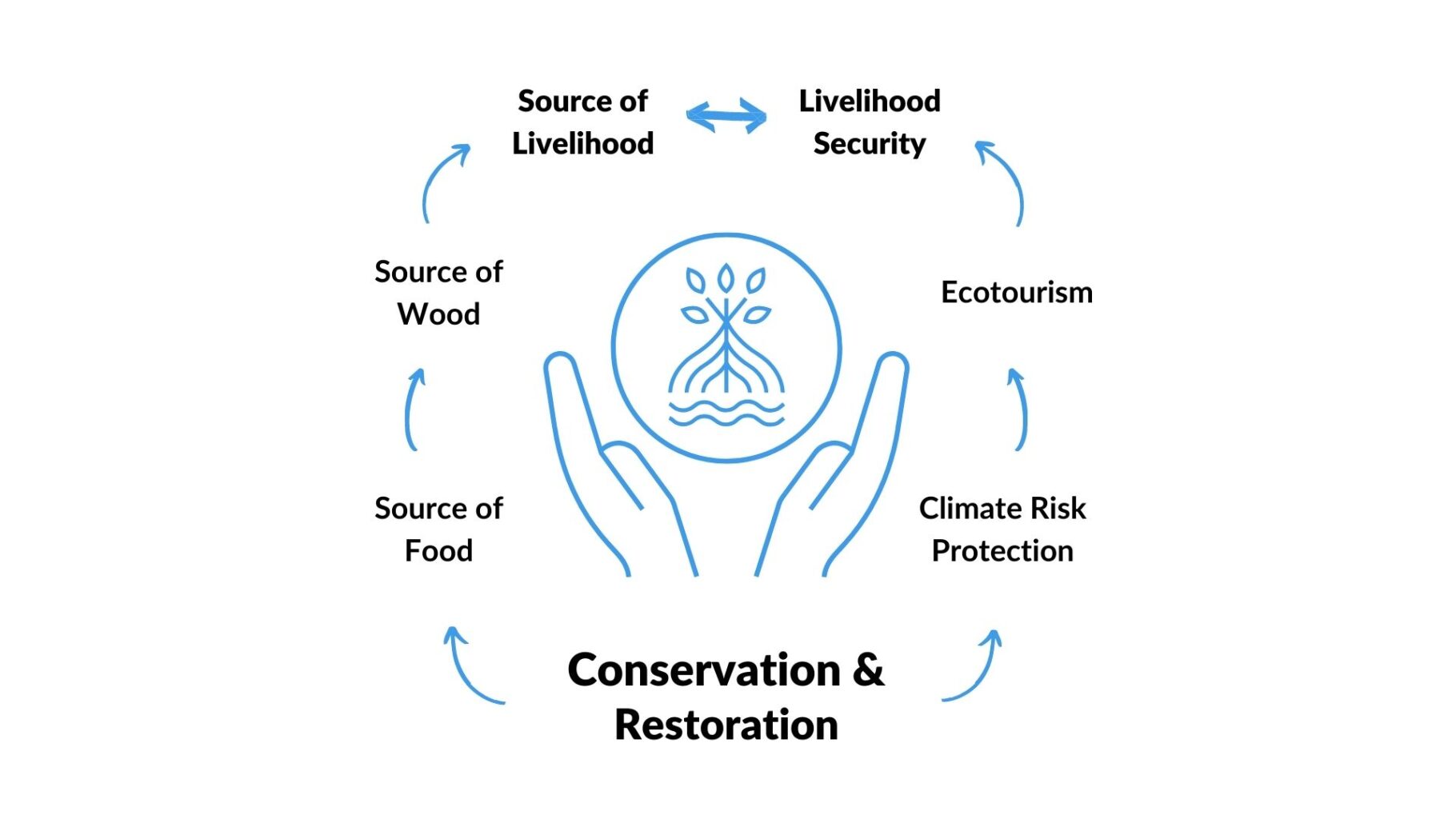
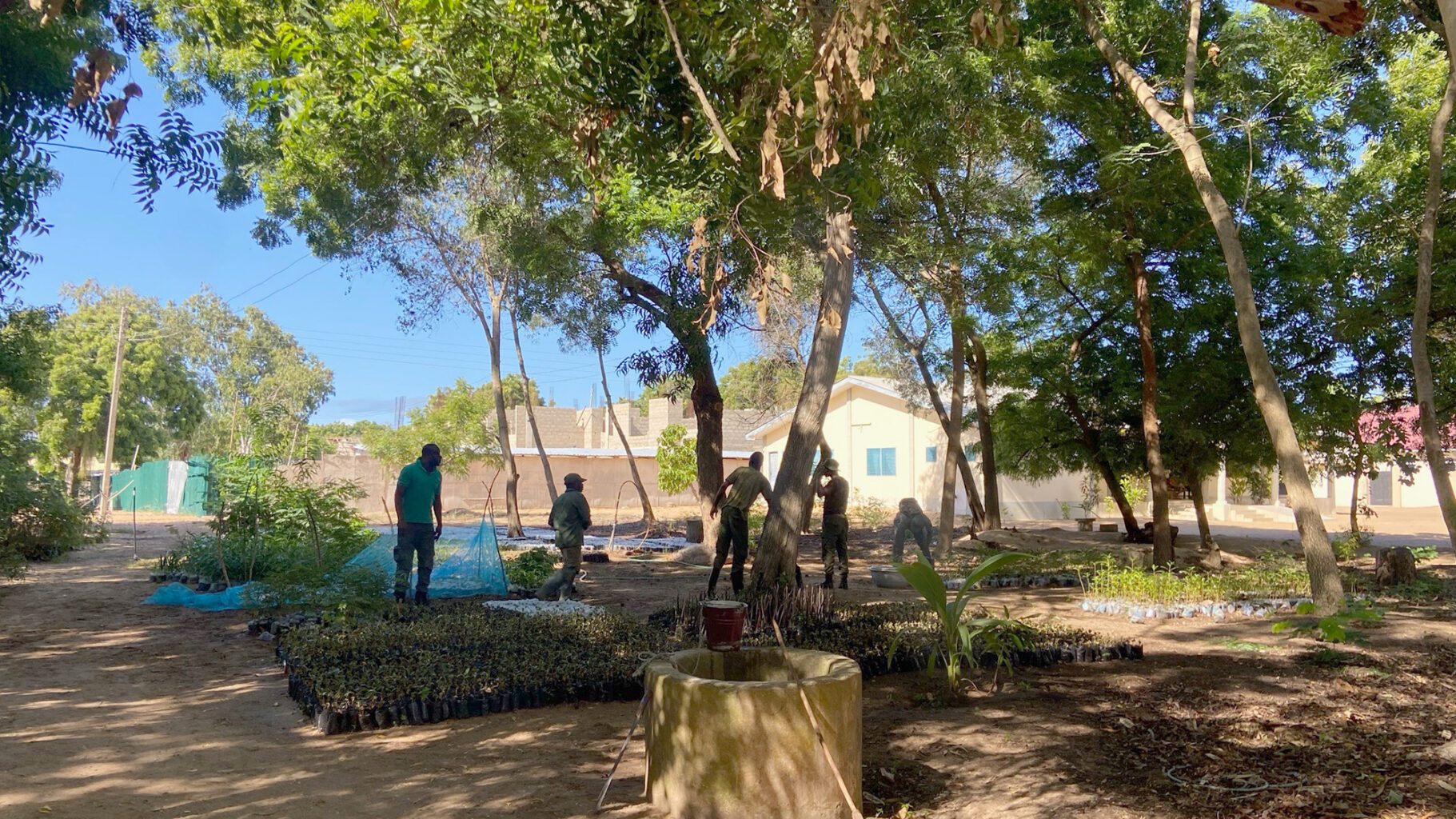
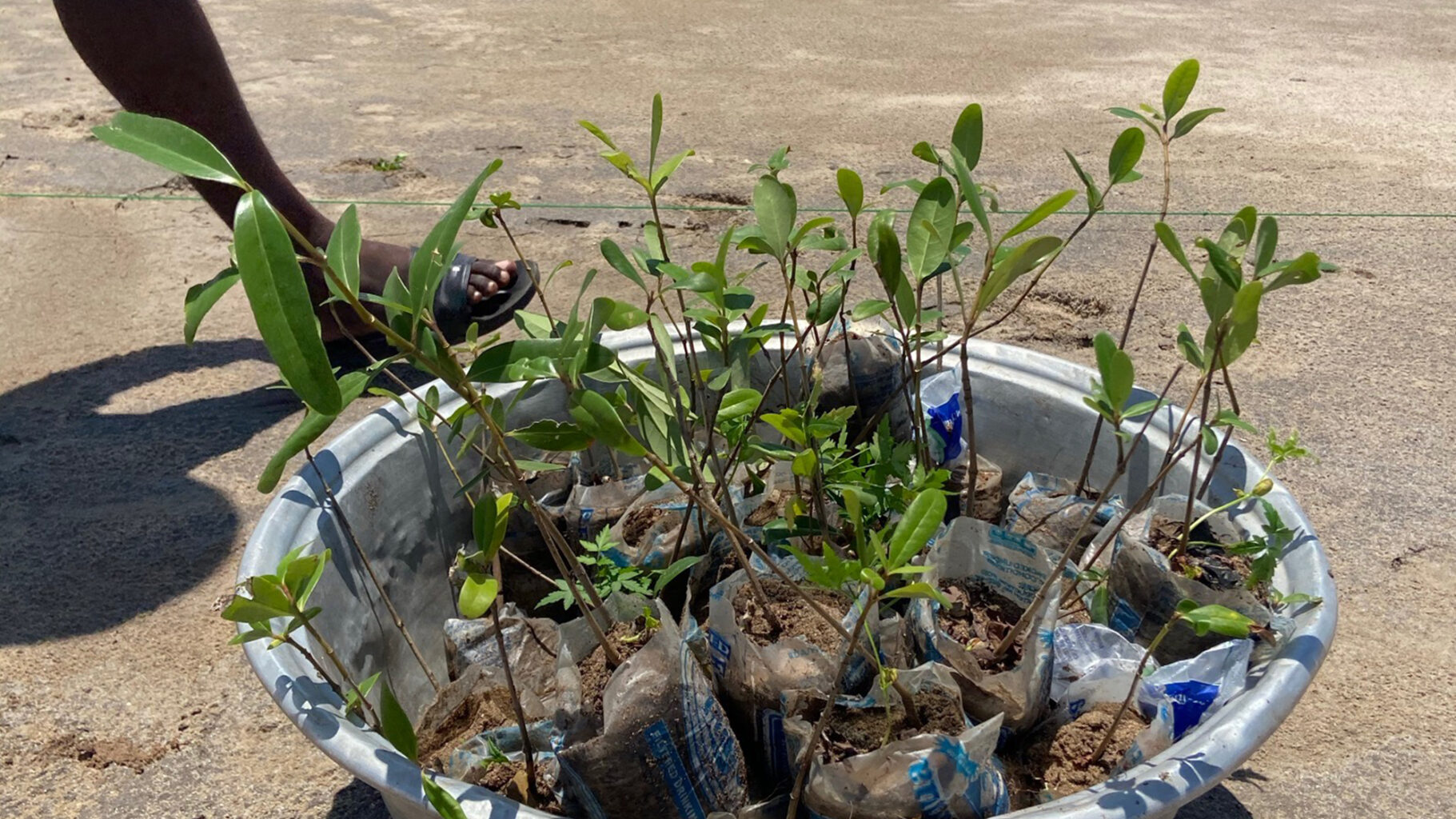
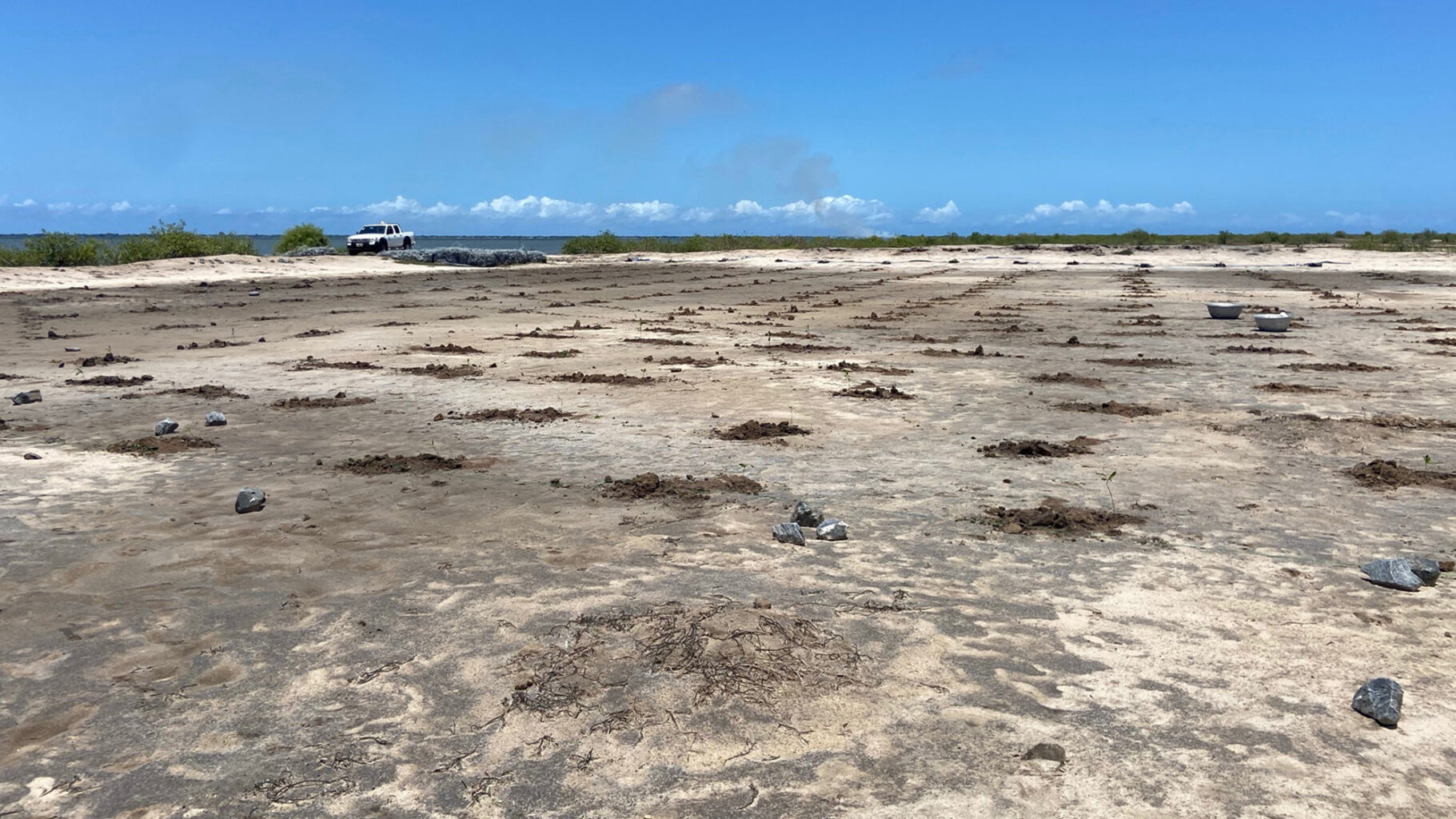
Project Description
The project is establishing a network of saltmarshes and aquaculture sites along the Ghanaian coastline. This will help deliver a number of economic and social benefits to the local communities as we develop production and supply-chains through Africa, and as we develop carbon credit facilities. Broader benefits centre around the environmental impact of establishing saltmarsh sites, including carbon capture, flood and coastal erosion mitigation, regenerative farming practices, ecosystem restoration, and carbon sequestration.
Increasing salinity is a crucial issue to the people of the coastal region of Ghana. Due to increasing salinity in the water and soil, the people of the region are suffering from scarcity of safe drinking water, irrigation, agriculture and other uses.
Salinisation is caused by high rates of evaporation due to irregular rainfall, conventional agricultural practices which include irrigation, and rising sea-levels. Millions of hectares of land are no longer productive in Africa due to salinisation. Saline agriculture can alleviate the pressures of these threats by increasing productivity and creating healthy ecosystems that benefits the environment and local communities.
To mitigate the need to invest heavily in physical flood defences, saltmarshes have been proven to significantly reduce wave severity by as much as 18%. With increased frequency of extreme weather, and the impact of coastal storms on vulnerable land, countering flood impacts and soil erosion is an important by-product of saltmarsh and mangrove reforestation creation.
This project will establish (through historical investigation of damage and cost analysis of existing/planned flood defences) the impact of introducing saltmarshes across a region.
In combination, we will be building natural, “Silvo” aquaculture sites, which are controlled salt marshes, specifically mangrove forests, which host shrimp species and have no environmental impact, unlike conventional aquaculture. This will be one component of our major mangrove reforestation project in the Keta and Songor lagoon ramsar sites.
Project Sites
Fiaxor and Alakple
Socio-economic and Environmental Context
Desertification / Ecological Destruction due to Industry / Salinisation / Youth Unemployment / Depopulation
Objectives
+ Develop Silvo-aquaculture sites.
+ Restore mangrove forests.
+ Create saline agriculture farms
+ Develop carbon capture facilities
Expected Outcomes
+ Increased employment
+ Ecological recovery
+ Increased uptake of regenerative solutions locally
Seawater Solutions Role
+ Developing agriculture and aquaculture sites
+ Restoring mangrove forests